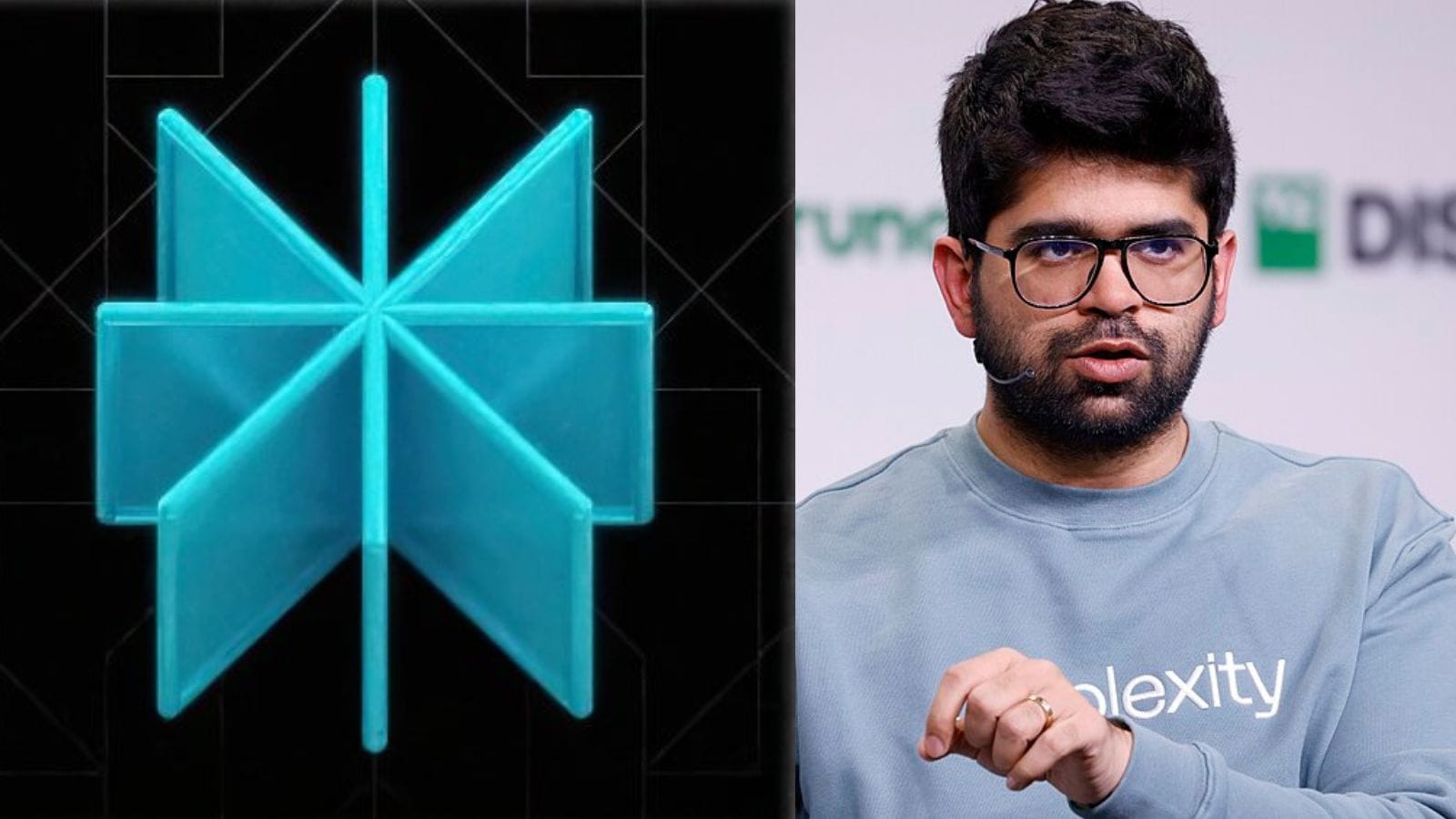Perplexity’s Comet Browser Challenges Chrome with Advanced AI Agent Capabilities
Perplexity’s Comet Browser Challenges Chrome with Advanced AI Agent Capabilities

Perplexity is making a bold move into the browser market with Comet, an AI-native browser designed to directly challenge Google Chrome’s longstanding dominance. Launched with an in-built AI agent, Comet aims to revolutionize how users interact with the web, moving beyond traditional search to proactive, task-automating capabilities.
Unlike conventional browsers that rely on search engine results pages, Comet integrates Perplexity’s proprietary ‘answer engine,’ which leverages advanced LLMs like OpenAI’s GPT-4o and Anthropic’s Claude 4.0 Sonnet to provide direct, AI-generated answers with source citations. This shifts the user experience from sifting through links to receiving immediate, synthesized information, fundamentally altering the way information is consumed online.
A standout feature is Comet’s agentic capabilities. Users can command the browser’s AI Assistant to perform a range of operational tasks, from drafting and sending emails to managing social media posts and even organizing browser tabs. Perplexity CEO Aravind Srinivas emphasizes that Comet is “not just another chatbot,” but an “AI-native browser that performs operational tasks, like a silent worker running continuously in the background.”
Built on the Chromium framework, Comet seamlessly integrates with existing Google accounts, allowing users to transfer browser context and extensions. Its strategic limited rollout comes amidst a rapidly intensifying browser war and potential antitrust scrutiny for Google, potentially opening doors for challengers like Nvidia-backed Perplexity. Perplexity recently recorded over 780 million search queries in May alone and is reportedly in talks with mobile device makers for pre-installation, signaling ambitious plans for broader adoption.
While currently available to Perplexity Max subscribers and early access users, the company believes the enhanced user experience and potential for increased paying subscribers will offset the higher computational costs associated with running AI agents, marking a significant step in the evolution of AI-driven web browsing.
Disclaimer: This content is aggregated from public sources online. Please verify information independently. If you believe your rights have been infringed, contact us for removal.